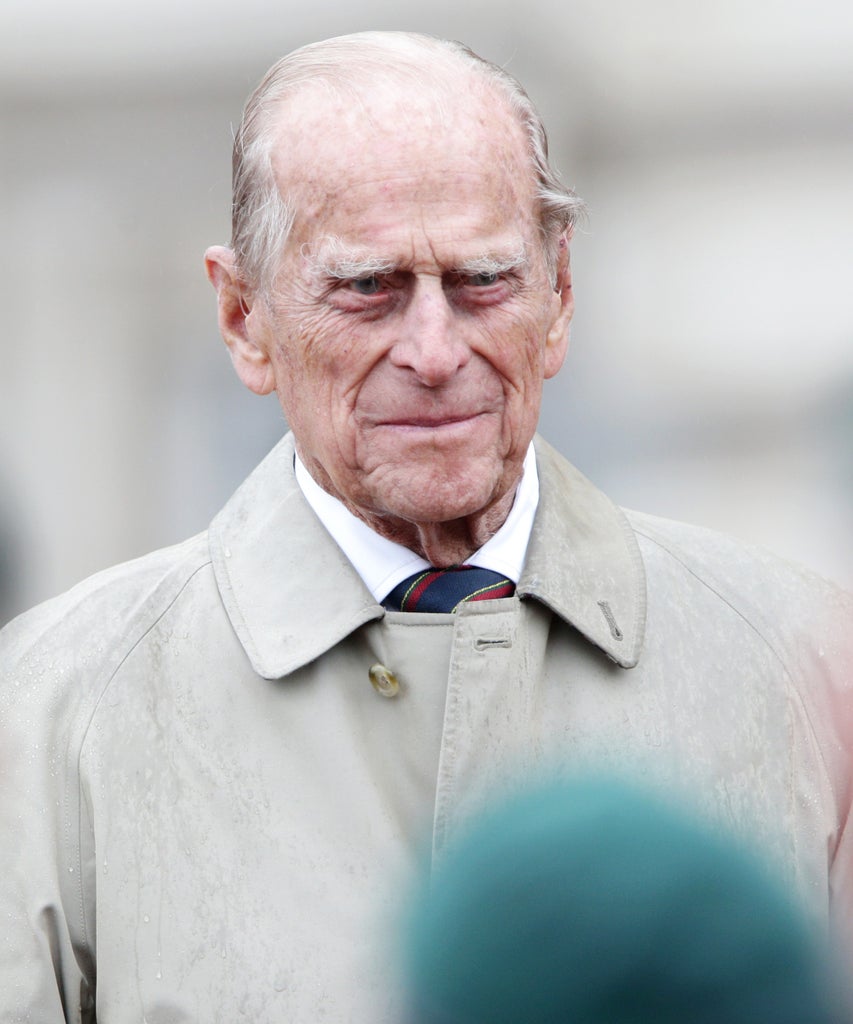
On Friday, Prince Philip, the Duke of Edinburgh and husband to Queen Elizabeth II, died at the age of 99. According to Buckingham Palace, who announced his death, Prince Philip “passed away peacefully” at Windsor Castle in England.
The news of his death comes at a contentious time for the Royal Family, who have been accused of racist treatment of Meghan Markle, the Duchess of Sussex and wife to Prince Harry. In a March 8 interview with Oprah Winfrey, Markle described how members of the Royal Family were concerned with her son Archie’s skin color. She also revealed struggling with mental health issues — including suicidal ideation — and receiving no support from the family. Though Prince Philip was never named as a perpetrator, the patriarch of Buckingham Palace was known to have his qualms about Markle, reportedly calling her a “destructive” presence within the Royal Family.
Now, as Philip’s legacy is being recounted, many are remembering his comments differently. In a New York Times obituary, Philip is referred to as making “occasional frank comments” that may have “hurt his image.” In reality, the late Duke is guilty of much more than an occasional “frank” comment, and has a storied history of perpetuating harmful, racist ideas from his platform in the Royal Family.
Long before Prince Philip allegedly voiced “concerns” about Markle, he was known to make sexist comments like, “I don’t think a prostitute is more moral than a wife, but they are doing the same thing.” In 2001, he told 13-year-old Andrew Adams, who aspired to become an astronaut, that he should “lose weight.” The following year, he allegedly told a 14-year-old at a Bangladeshi youth club that he looked like he was “on drugs,” after asking who else there was on drugs. He told the president of Nigeria, who was dressed in a traditional robe, that the president looked he was “ready for bed.” Philip was once also accused of comparing Ethiopian art to “the kind of thing my daughter would bring back from school art lessons.”
The list goes on. In fact, many such lists of Philip’s most controversial remarks have been compiled on the internet, but what’s most notable about them isn’t only how offensive many of his off-the-cuff remarks are, but also how they are grouped in with comments about his low opinion of British cooking, or other such innocuous things, demonstrating just how seriously casual bigotry is taken by many in the media when spoken by a powerful man — i.e. not very.
Of course, countless more people long spoke publicly about the detrimental effect of Philip’s “occasional frank comments” — and also took him to task for representing a strain of colonialist thinking that is not a relic of the past, but very much a pervasive influence to this day.
Acknowledging the true nature of Philip’s many offensive comments doesn’t negate the rest of his character or, for example, his charitable actions; instead, it gives a fuller portrait of a man who was born into almost inconceivable privilege and only saw his wealth and influence grow when he married into one of Europe’s last remaining monarchies. Failing to interrogate the character of these people — who have their positions granted to them by accident of birth — would be an abdication of the responsibility we all have to question the systems of power that are in place because of centuries of colonialism, white supremacy, and the myth that anyone has the divine right to rule — and so can just say whatever they want, consequences be damned.
Like what you see? How about some more R29 goodness, right here?
Prince Philip, Duke Of Edinburgh, Dead At Age 99
The Royal Family Is Hiring A Diversity Tsar
The Royal Family Doesn't Have Too Much To Say Now
from Refinery29 https://ift.tt/3wISVIM
via IFTTT
